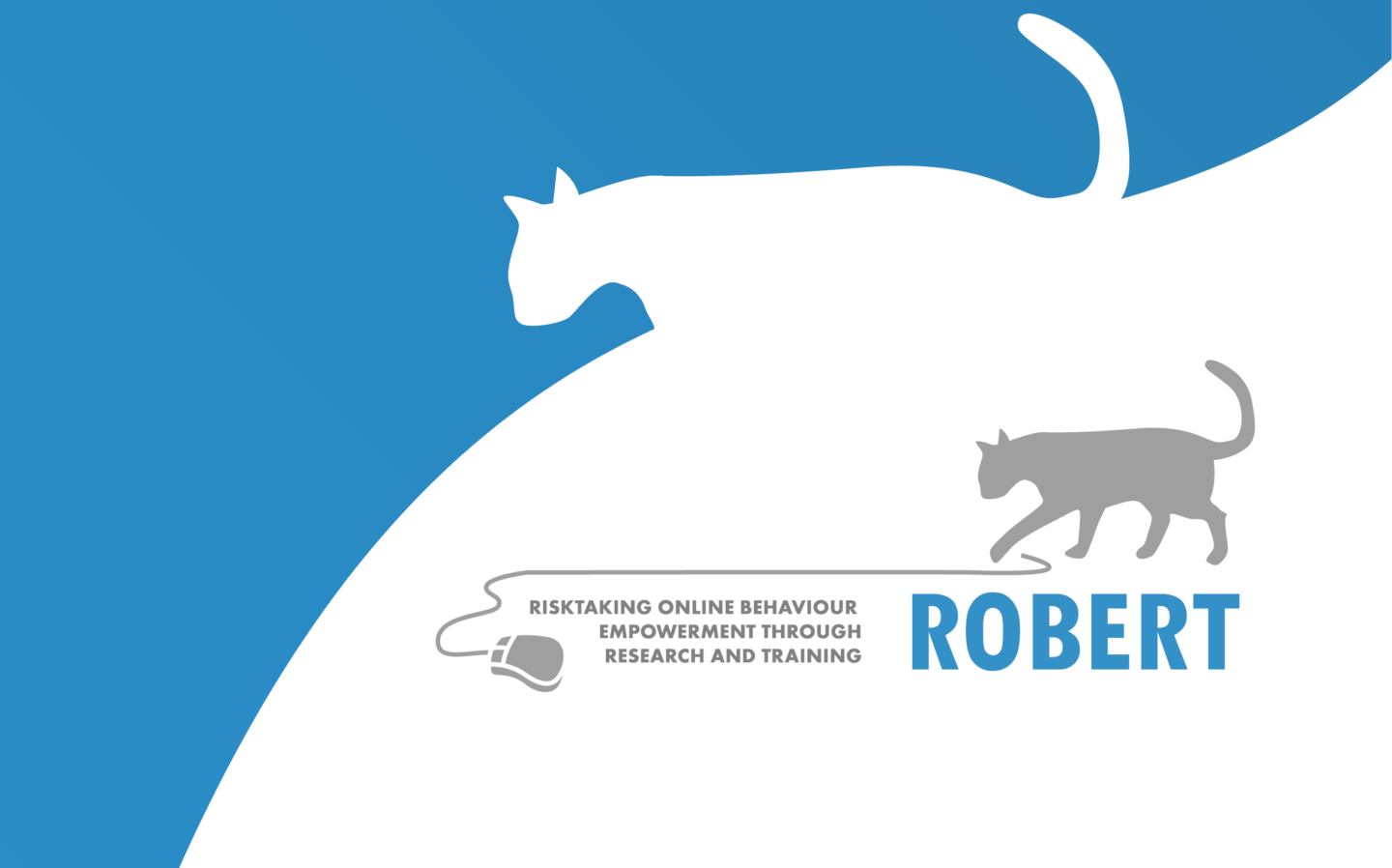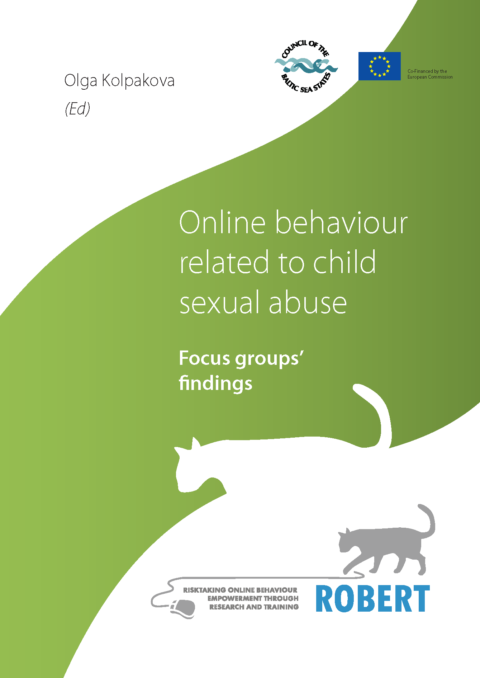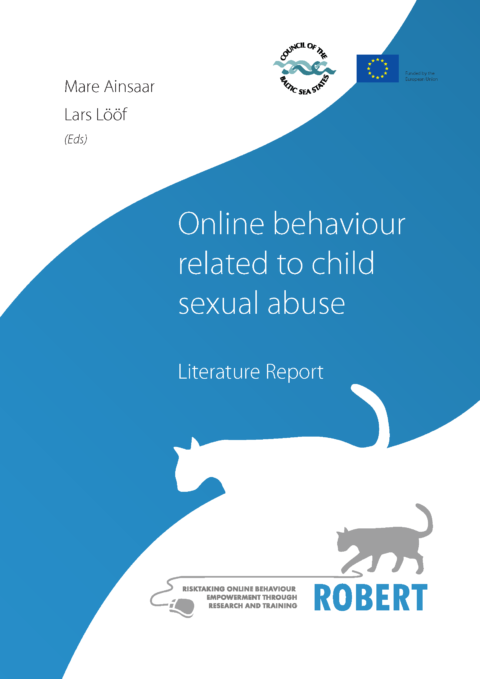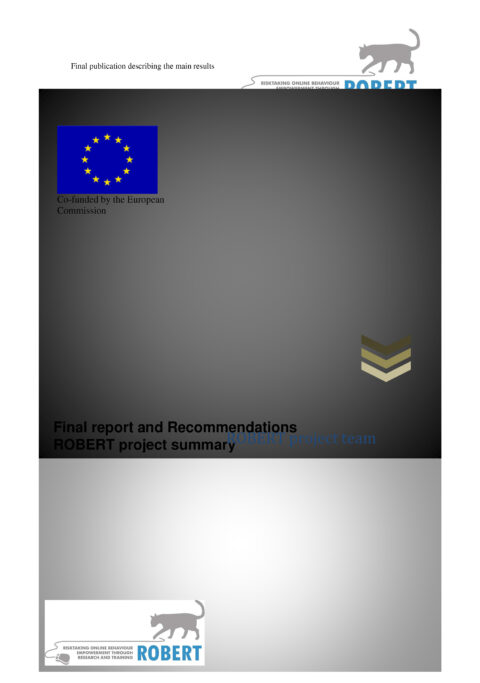This project brought new insights and extended our knowledge of risk, harm and resilience factors influencing young people’s interaction online, the nature of their online behaviour and their strategies to stay safe. Activities included:
- Collected research on online sexual abuse of children;
- Interviewed victims of online sexual abuse;
- Held focus groups with young people;
- Interviewed perpetrators of online sexual abuse against children.
Results included:
- sharing of experiences of online abuse processes and factors that make young people vulnerable as well as those that offer protection;
- sharing of perpetrators’ strategies in relation to the grooming of children online;
- an understanding of how abuse may develop in the online environment;
- the empowerment of children and young people in better protecting themselves online.
At a final conference for the project held 23-24 May 2012, practitioners, policymakers and researchers discussed recent findings on how best to protect young people from coming to harm online. It addressed the need for support and preventive strategies, and also the relationship of risk and harm. The understanding of young people’s experiences was highlighted by plenary presentations and in seminars where practitioners, policymakers and researchers were invited to contribute.
The ROBERT team included researchers, child psychologists and psychiatrists, clinical social workers and NGO experts. The work took place in consultation with young people, child protection experts, law enforcement agencies, pedagogical experts and child psychiatry institutions.
This project ran from June 2010 to June 2012 with co-funding from the European Commission Safer Internet Programme as a Knowledge Enhancement Project. It was managed and coordinated by the CBSS in partnership with the University of Tartu, Estonia; Linköping University, Sweden; University of Edinburgh, UK; Save the Children Denmark; Save the Children Italia, Innocence in Danger, Germany; Stellit International, the Netherlands and Russia; Kingston University, UK.



